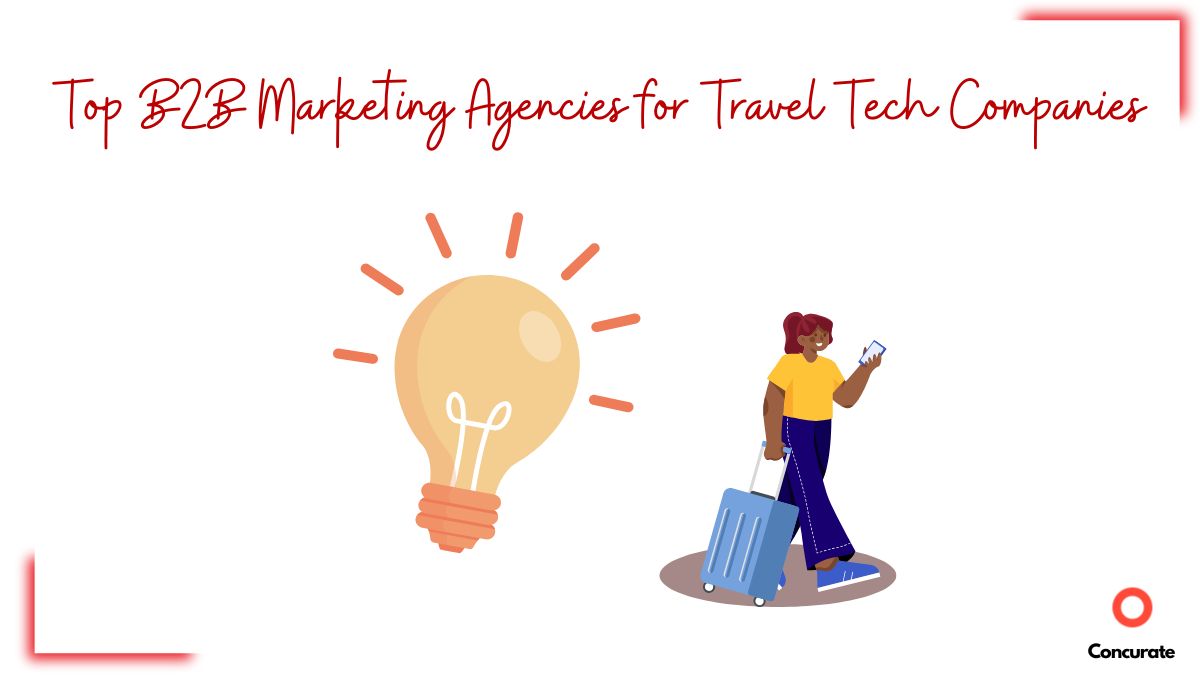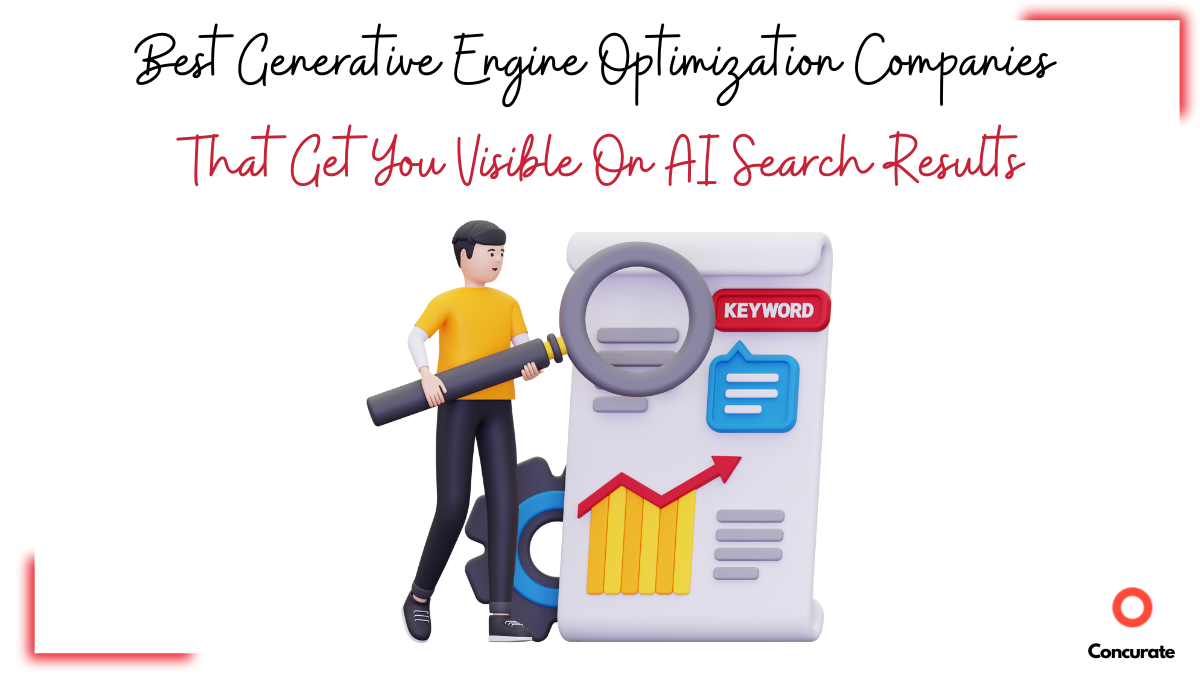What if you could bootstrap your business to $55 million in revenue without relying on expensive agencies or massive marketing budgets? That’s exactly what Rytis Lauris, CEO of Omnisend, did—using smart, data-driven SEO hacks.
Competing against giants like HubSpot and Mailchimp, Lauris and his small, in-house team managed to outpace VC-backed competitors through a lean yet highly effective SEO strategy.
As shared in a recent interview with Nathan Latka, Lauris revealed how Omnisend leveraged SEO to grow into a $55 million revenue powerhouse. You can watch the full interview here.
In this article, we’ll dive into the genius SEO hacks Lauris used to scale Omnisend, all without the help of large agencies. These strategies can be applied to businesses of any size, whether you’re building SEO from scratch or looking for smarter ways to scale.
To read more around strategies like these, check this article: How To Rank For “Best Applicant Tracking Software” Keyword: Analyzing The Top 3 Search Results.
The Competitive Landscape: Why SEO Was Critical for Omnisend
SEO was crucial for Omnisend from the very beginning, especially considering the intense competition they faced.
Competing in the email marketing space meant going head-to-head with giants like HubSpot, Mailchimp, and Marketo—not to mention other major players vying for the same high-value keywords.

But Lauris didn’t let that intimidate his team. Instead of pouring money into expensive PPC campaigns (where a single click could cost as much as $60), they focused on SEO as a cost-effective and scalable way to grow. SEO became their secret weapon, allowing them to compete with—and often outperform—their larger, better-funded rivals.

Takeaway: In highly competitive markets, SEO can give you an edge without breaking the bank, especially when PPC costs are sky-high.
SEO Hack 1: Building Authority with a Small Team
One of the first strategic decisions Lauris made was to keep Omnisend’s SEO efforts in-house.
Rather than relying on agencies that might juggle multiple clients, Lauris believed his small, 5-person team could better understand the nuances of their product and industry. This allowed them to dive deep into their SEO efforts, with a laser-focus on driving revenue—not just traffic.

By keeping SEO in-house, Omnisend’s team was able to react quickly to industry changes and prioritize the company’s unique goals over generic agency strategies.
Takeaway: Small, focused teams with deep industry knowledge can often outperform larger agencies when it comes to SEO. If you understand your product better than anyone else, why not own the SEO process too?
SEO Hack 2: Why Backlinks Still Matter in 2024
Building domain authority was another critical aspect of Omnisend’s success. Lauris emphasized that, even in today’s rapidly evolving SEO landscape, backlinks remain crucial for ranking high in search results.
The team focused heavily on acquiring high-quality backlinks from authoritative websites, which helped boost their domain authority.
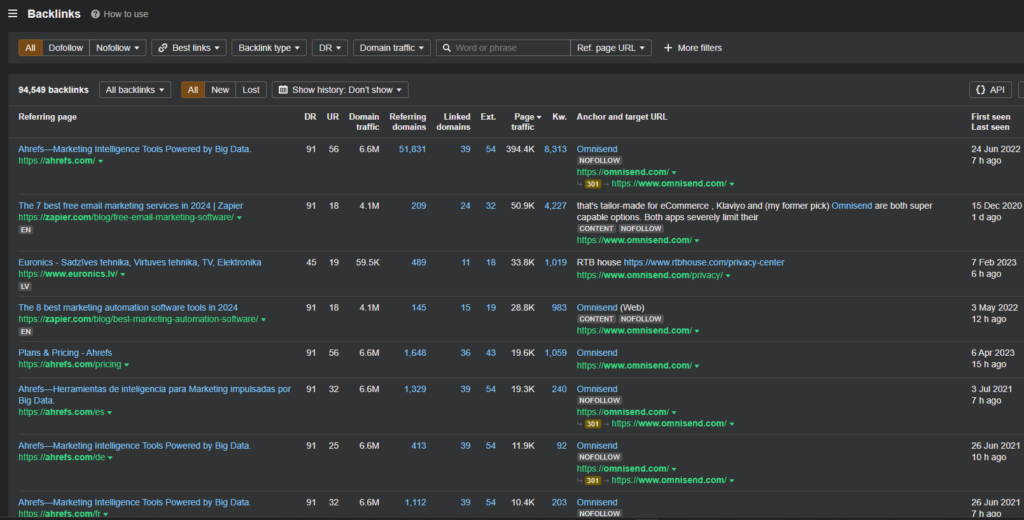
Omnisend now boasts backlinks from sites like Bloomberg, Forbes, and even direct competitors like Mailchimp. These links didn’t come overnight—it was a long-term investment in relationship building and content outreach.
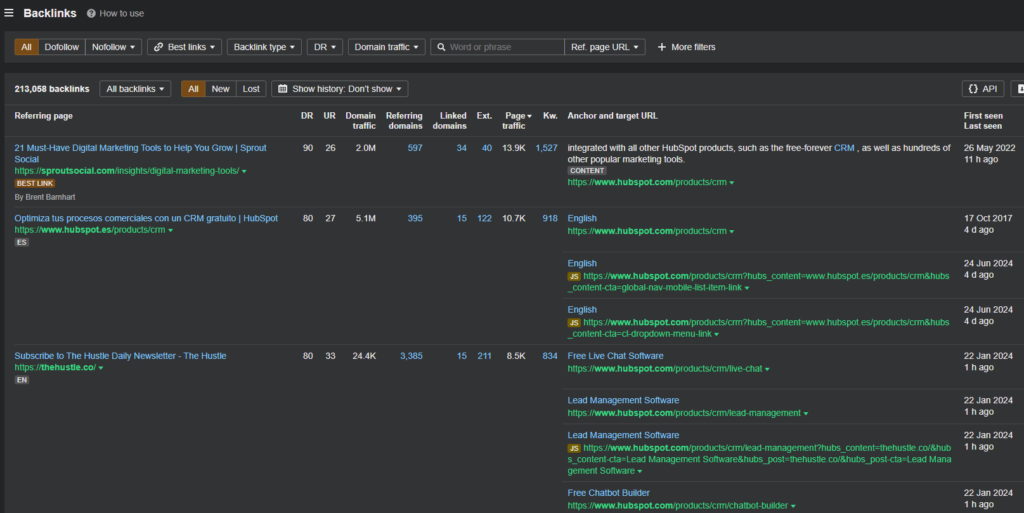
But the payoff has been significant, with nearly 100,000 backlinks and over 11,000 unique domains pointing to their website.
Takeaway: Backlinks are still a vital part of any SEO strategy. Focus on quality over quantity, and don’t be afraid to reach out to authoritative sites for valuable link-building opportunities.
SEO Hack 3: Focus on Outcomes, Not Output
Lauris and his team took a results-oriented approach to SEO. Instead of churning out articles just for the sake of hitting content quotas, they focused on the direct impact each piece of content would have on revenue.
They used OKRs (Objectives and Key Results) across their organization, with SEO being no exception.
This approach meant that every SEO effort had a clear goal—whether that was driving traffic, generating sign-ups, or converting visitors into paying customers.
Lauris pointed out that SEO is more math than magic: it’s about understanding the numbers, analyzing competition, and calculating how much content, backlinks, and authority are needed to achieve desired outcomes.
Takeaway: Don’t focus on output for the sake of it. Ensure every piece of content and SEO effort is directly tied to a measurable business outcome, like revenue or lead generation.
SEO Hack 4: Adapting to AI’s Impact on SEO
AI is transforming the way people search for information online, and SEO is no exception. Lauris discussed how tools like ChatGPT and Google’s Gemini are changing the SEO landscape.
For example, when users ask AI for ”the best email marketing solution”, only companies that have strong SEO presence will appear in those AI-generated results.
Lauris emphasized the importance of staying at the top of search rankings, as AI tools often pull from the top results to create their recommendations. This means that, despite AI’s growing influence, traditional SEO strategies—like ranking on the first page of Google—are still crucial.
Takeaway: AI is reshaping search, but staying at the top of search rankings is more important than ever. Optimize your content to appear in the top results, ensuring AI pulls your brand into its recommendations.
SEO Hack 5: Collaboration Across Teams
SEO success at Omnisend wasn’t limited to just the SEO team. Lauris explained how collaboration between departments—like marketing, content, and affiliate teams—played a key role in their strategy.
For example, affiliate partnerships helped Omnisend appear on top “best email marketing tools” lists, driving more traffic and credibility.
By ensuring that all teams were aligned on SEO goals, Omnisend was able to maximize their efforts. This collaborative approach also helped them dominate affiliate-driven content and create a multiplier effect, further boosting their SEO success.
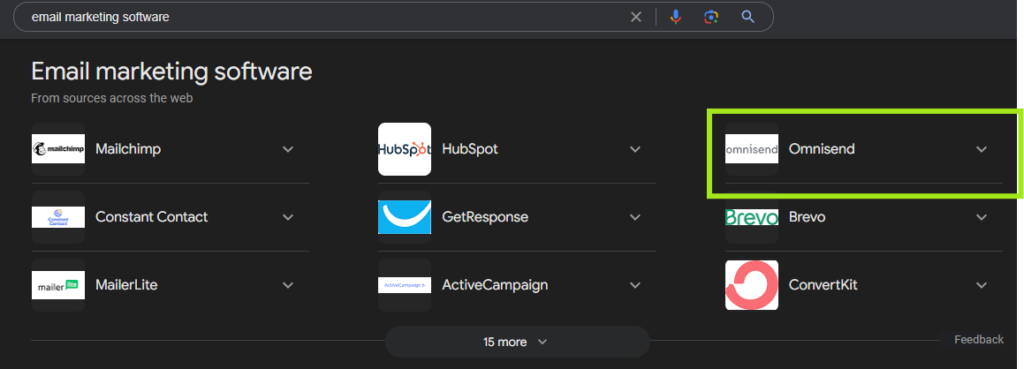
Takeaway: SEO is not a solo effort. Collaborate across teams—content, marketing, affiliates—to ensure everyone is aligned and working toward the same SEO objectives.
The Role of AI in Content Creation: Use It, Don’t Rely on It
Lauris shared that Omnisend does use AI to assist with content creation, but they don’t rely on it entirely. Their experimentation with AI-only content led to penalties from Google, as the algorithm detected non-human-generated content.
Omnisend now uses AI as a tool to help streamline content creation but ensures that human oversight and creativity remain central to the process.
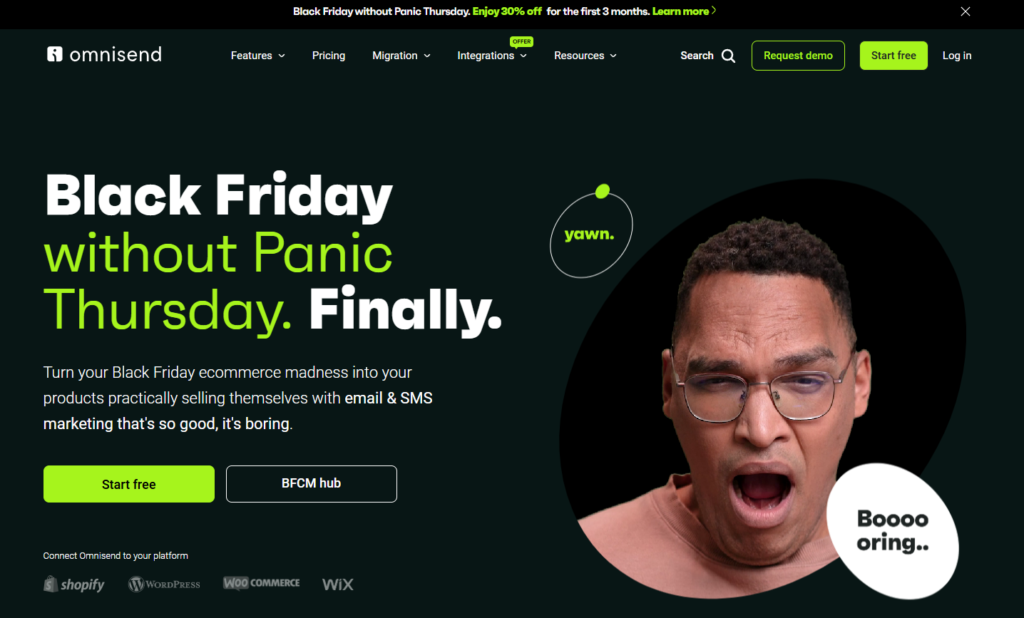
As Lauris put it, “AI can help, but it should never be the sole author.”
Takeaway: AI can enhance your content strategy, but it shouldn’t replace human creativity. Use AI tools to assist, but always maintain a human touch to avoid penalties.
Key Takeaways: Replicating Omnisend’s SEO Success
Rytis Lauris and Omnisend’s journey to $55 million in revenue proves that with the right SEO strategy, even a small team can compete with industry giants.
By focusing on in-house expertise, building domain authority through quality backlinks, and adapting to the evolving SEO landscape, Omnisend has built a sustainable SEO strategy that drives real revenue.
Ready to take your SEO to the next level with these proven hacks? Whether you’re just starting out or looking to scale, these lessons offer a blueprint for success.
How Concurate Can Help
At Concurate, we don’t just focus on SEO hacks—we specialize in creating high-quality content that truly resonates with your target audience. We help businesses get in front of the right people on Google and turn traffic into leads. Whether you’re aiming for thought leadership or looking to drive conversions, we craft content that connects and converts. Let’s talk about how you can elevate your content strategy to grow your business sustainably.



